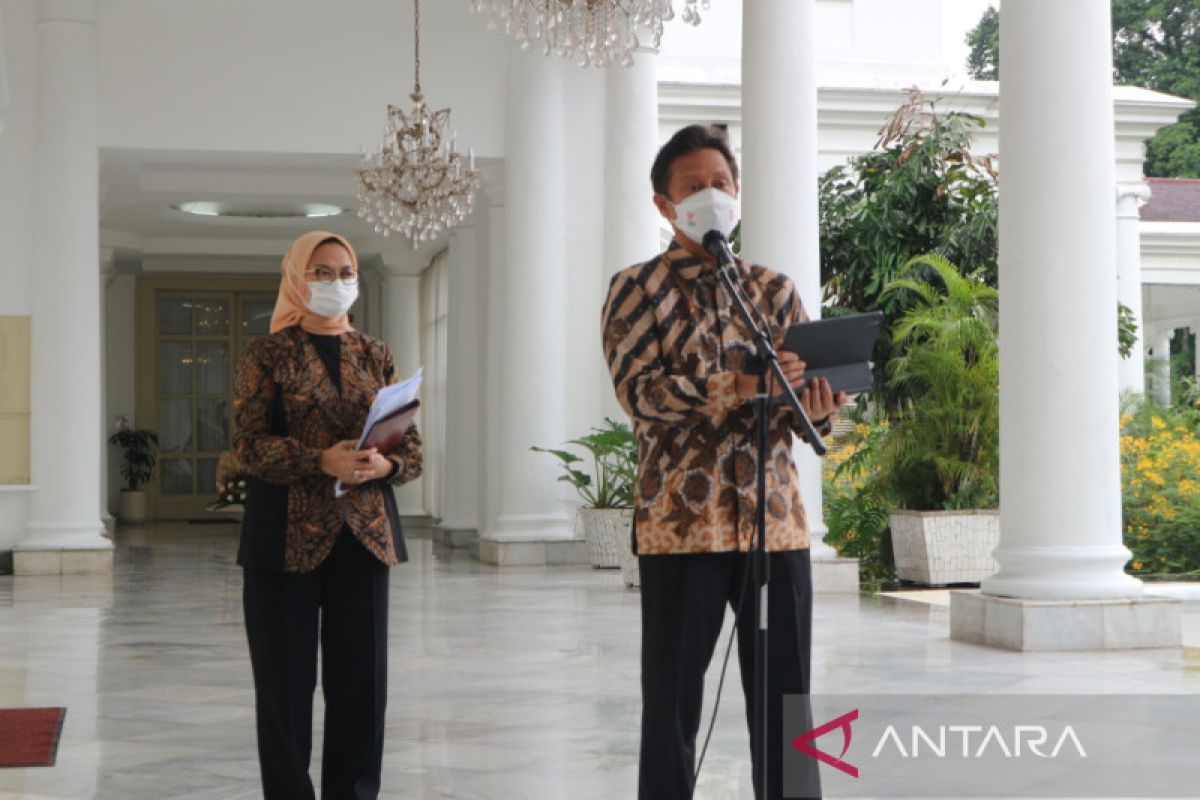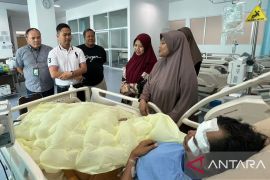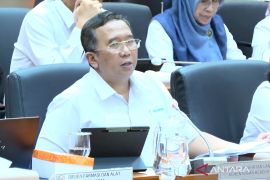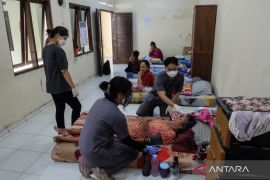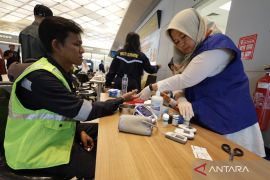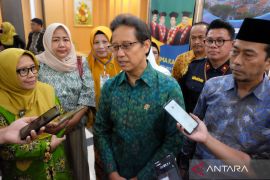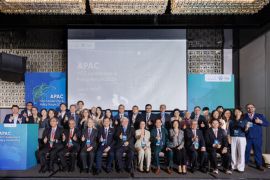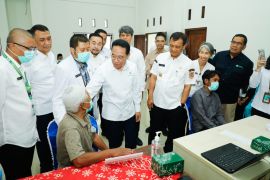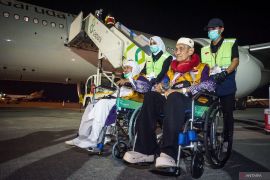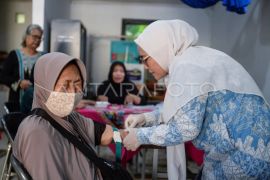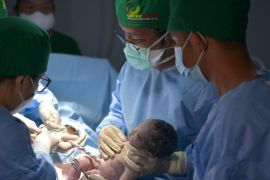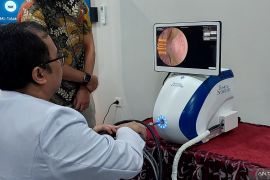“There are some medicines that are syrupy in nature but are necessary to cure critical illnesses such as epilepsy and so on. If this is prohibited, the child can suffer or die from other diseases," he explained.
Thus, the minister said he has allowed critically ill patients to take syrup medicines as long as they have been prescribed by a doctor. The decision was taken after the ministry consulted the National Pediatrician Association and the National Pharmacists Association.
"For syrup medicines that are used to treat critical illnesses, we allow them, but they must use a doctor's prescription," he stressed.
The Health Ministry and the National Agency of Drug and Food Control have temporarily banned the distribution of syrup medicines for children following reports of acute kidney injury in children.
The syrup medicines have been prohibited over suspicions that they contain ethylene glycol (EG) and diethylene glycol (DEG)—compounds that cause acute kidney injury in children.
The ministry has also instructed all medical workers at medical facilities to refrain from prescribing medicines in liquid or syrup forms until there is an official announcement from the government.
As of Monday, the Health Ministry has recorded 245 cases of atypical progressive acute kidney injuries in 26 provinces of Indonesia, with the mortality pegged at 57.6 percent, or 141.
There are eight provinces that have accounted for 80 percent of the total national cases—Jakarta, West Java, Aceh, East Java, West Sumatra, Bali, Banten, and North Sumatra.
Related news: EG, DEG in five medicinal syrup products exceed safe level: BPOM
Related news: Contamination of syrup medicines suspected during quality control: IPA
Translator: Indra Arief P, Mecca Yumna
Editor: Rahmad Nasution
Copyright © ANTARA 2022
